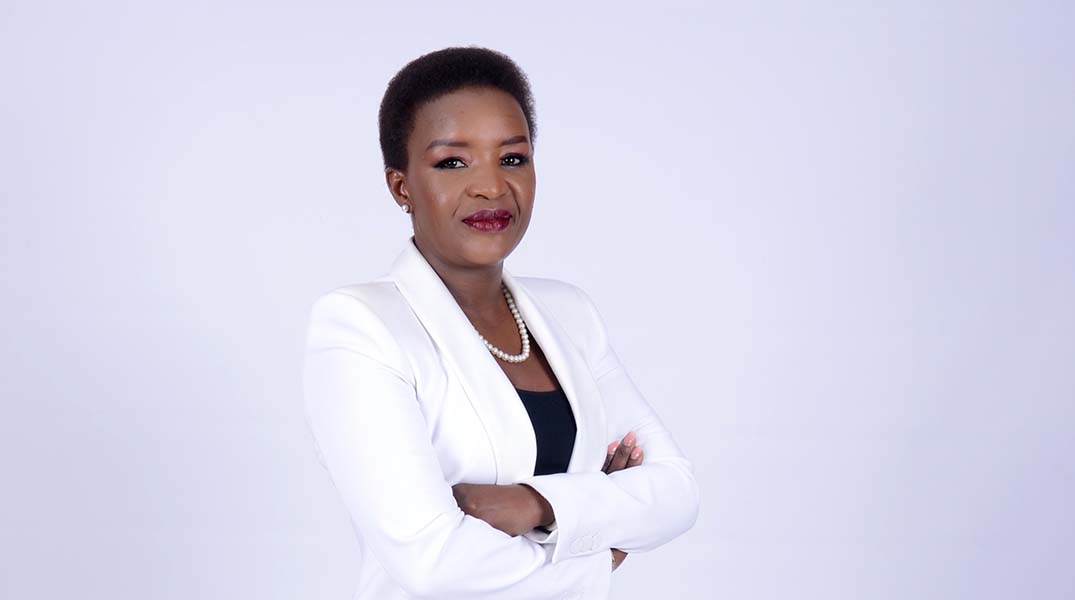Kathy Gibson reports – If it weren’t that South African businesses are so resilient, the country would be in a much more dire state than it is.
Busisiwe Mavuso, CEO of Business Leadership South Africa (BLSA), notes that business confidence remains stubbornly pessimistic: population now sits at 62-million, with 19-million citizens dependent on government grants at an annual cost of R200 billion to the fiscus; the provision of essential services remains a challenge; poverty and unemployment remain rife, increasing the fragility of the system and its susceptibility to the effects of global crises; and dversity remains a priority, but many companies are struggling to make meaningful progress at the highest levels.
“According to the survey, an approach that CEOs are adopting to tackle the confluence of global emergencies is to concentrate on micro decision-making and the factors under their control and to prioritise internal and external collaboration to improve resilience,” she says.
“KPMG’s research also shows that CEOs in Southern Africa, like their counterparts around the world, are largely taking a consolidating, anticipatory approach, waiting to see whether our compounding crises will continue to escalate, or whether we might begin to see an easing of global tensions and a return to stability.
“Business leaders, alongside their civil society and governmental counterparts, will have to continue to navigate difficult waters, and be on the lookout for opportunities not only to find pockets of growth but to help address the challenges we collectively face,” says Mavuso.
She points out that, in spite of the challenges, South African CEOs realise they we must put interventions in place to ensure we turn the corner of the economy.
Geopolitics and uncertainties keeping business leaders awake at night, followed by crime and corruption.
Their third uncertainty is the network industries, three of four of which are disfunctional, Mavuso adds. These industries are energy, transport, water and telecoms, with only telecoms currently functional, mainly because it is privatised.
Geo-politics has become a dominant feature in the uncertainty, something that wasn’t such an issue in the past but loomed large with the Lady R incident last year and the Israel-Palestine war this year.
Being a member of BRICS has some huge advantages for South Africa, Mavuso says, but she doesn’t believe it should be used as an anti-West instrument.
“In South Africa, we need all the help we can get, from anywhere we can get.” At the same time, most of the money we borrow comes from the West, she adds.
Populism is another issue that worries CEOs, with a political risk possible ahead of the 2024 elections, with the business climate likely to change in the medium-term.
An interesting statistic from another survey is that 62% of South Africans trust business more than they trust government. “We have to decide what to do with the trust placed on us,” Mavuso says.
The biggest issue that business and government have to deal with is unemployment, she adds, with a 42% unemployment rate – 70% when it comes to youth unemployment. “That is the biggest ticking time-bomb that we have to provide for. If we don’t we may see our own version of the Arab Spring.
“So when CEOs say ESG is one of the biggest issues, that is the right response.”
The World Economic Forum places South Africa among the countries at the most risk of anarchy, Mavuso says. “We cannot just give this to government. Our fortunes are linked and we have a vested interest.”

